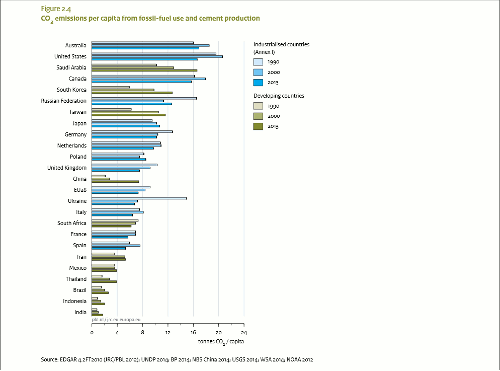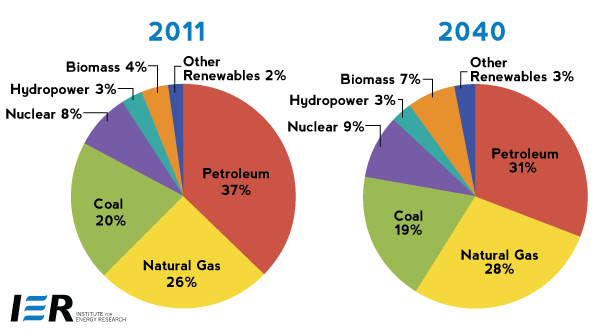Nichola Hungerford is the Campaign Coordinator for the Queensland Conservation Council, and on the available evidence she is a fringe lunatic.
Austin: Is there any mine that the QCCC suports in the state?
Hungerford: No…how do you actually say that a mine is good when it is starting to have massive impacts on the environment?…Mining isn’t a good thing for the environment and what we have to do is keep looking for alternatives…
So the biggest threat to human existence isn’t the damage that humans do to the environment, but the environmental campaigners seeking to save us from ourselves. Hungerford seems to have not the slightest understanding of how the world works, or what the consequences for 9 billion people on the planet would be if we tried to go back to using pre-stone age technologies (presumably she’d be opposed to the mining that creates flint arrow and axe heads too).
Recently we learned that the state government has been providing funding to conservation groups. There is no better evidence that this should stop than Hungerford’s comments this morning.
This nonsense is on a par with the anti-vaxxer rubbish, 9/11 conspiracy theories, or alien abduction hysterias. We wouldn’t accept our government funding any of those groups, and neither should they fund a conservation group that spouts similar nonsense.
Mainstream broadcasters should also think twice before giving them equal time with other participants in the debate. Their views simply lack credibility.


